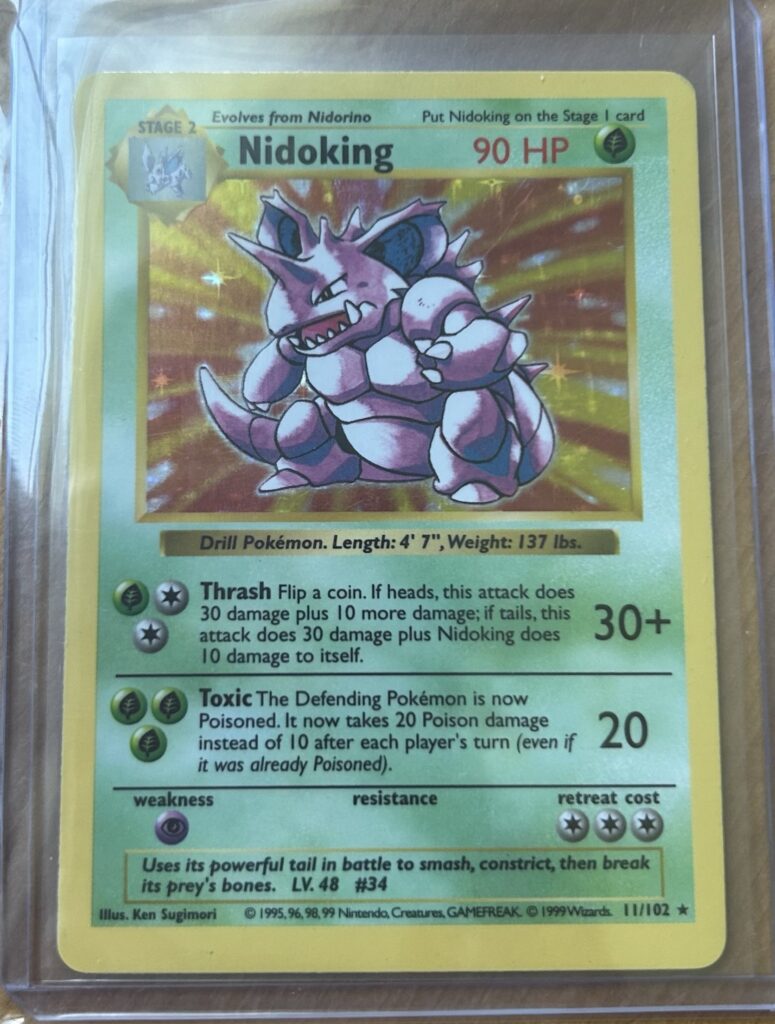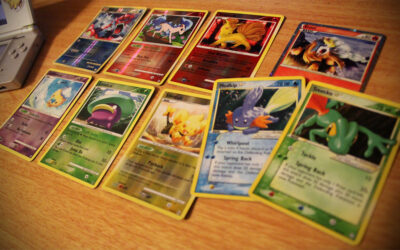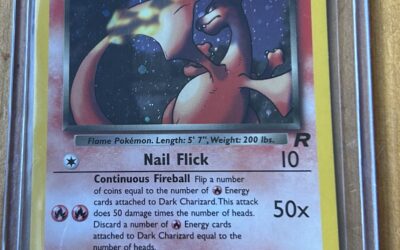You want Pokémon card deals without looking like a total noob—or worse, a mark. The good news: you don’t need lucky pack pulls or deep pockets to get decent cards for decent prices. You just need strategy. Below is a tactical guide to where you actually find value in 2025—on platforms you know, but playing smarter.
TCGPlayer: Know Your Filters Before You Click ‘Buy’
TCGPlayer is the go-to marketplace for most hobbyists. But the real magic isn’t in browsing randomly—it’s in mastering filters. Always sort by “lowest total cost” and factor in shipping. Use the “card condition” filter to weed out the damaged junk. If a listing is more expensive than the average pop report implies, walk away.
On TCGPlayer, the best way to save is by stacking purchases from the same seller. Shipping adds up fast if you buy one card here and one card there. But if you load your cart with a few cards from the same shop, you usually cut that extra cost and sometimes unlock small discounts. Think of it as buying in “mini-bulk” without committing to a whole collection. And one more thing—don’t just grab the first cheap listing you see. Prices move constantly, so it pays to check back for new listings or auctions that pop up below market. That’s where the true deals live.
Local Game Stores: The Slower, Stealthier Play
LGSs are treasure troves—if you act right. Shop owners could be underpricing because they focus on big releases, not your niche binder. Offer bulk buys. Ask if they have “leftover trade stock” or “legacy singles.”
Bonus: you can eyeball condition in person. That eye-test discount is under-used. Public isn’t good at grading, but locals—especially older collectors—are decent judges. Be polite, but firm: there’s value hiding in those damp binders the owner never looked through.
eBay: Dial in Your Filters or Get Scammed
eBay can feel chaotic, but the reality is you can control most of the chaos with the right filters. If you know how to search, you’re not at the mercy of overpriced listings—you’re the one steering the market in your favor. Always use “completed listings” to get historic price data. Avoid “best offer” listings where everything gets denied or hovers at sticker shock.
Set alerts for mistyped listings: “PsA10” instead of “PSA 10” can mean underpriced slabs from sellers who don’t follow hobby lingo. Sniping counts. If you miss one, add “new listing” alerts—some sellers don’t relist, but many do. Be quick, be ready.
Facebook Groups: Community Deals Mean Getting Fleeced Less
If you’re sick of fees, FB groups are your under-the-radar play. Join niche boards—“Midwest Pokémon Card Traders,” “Raw and Graded Pokémon Flips”—and observe before diving in. Lurk for market tone. When you buy, communicate like a human: polite message, fair price, quick payment. You’ll get discounts as people want fast cash, not eBay waiting games.
Private groups can also give pre-market access. If you flex patience and good comms, you might land not-yet-listed lots at wholesale prices. Just stay categorical: stick to local or trusted sellers until you build rep—or someone posts “Have 50 NM stacks for $X each.”
Zoomed-Out Table: Platform vs Strategy
| Platform | Strength | Smart Strategy |
|---|---|---|
| TCGPlayer | Large inventory, reliable filters | Stack purchases from same seller, sort by lowest total cost |
| Local Game Stores (LGS) | In-hand inspection, hidden binder finds | Bundle deals, ask about trade stock not on display |
| eBay | Auction snipes, typo listings | Use completed listings, set new-listing alerts |
| Facebook Groups | Low fees, community trust, early access | Lurk first, build rep, jump on quick-sale posts |
Why Each Venue Wins in 2025
– TCGPlayer: Fast, consistent, searchable inventory. Offset shipping by using store credit or rebates.
– LGS: Local arbitrage in real life. A $1 undergrade there can add up when graded or resurfaced.
– eBay: Still the home for slip-up listings. Newbies overprice or mislabel all the time.
– Facebook: Peer trust lowers premium. If you’re not afraid of messaging sellers, you’ll find value others ignore.
What to Avoid Like It’s a Charizard with Cut Corners
Don’t ignore community tone. If a group constantly posts resales at 20-percent premiums, that’s demand-driven, not value. Don’t follow listings with no recent sold data. Don’t chase hot sets blindly. Hype fades faster than most want to be real with themselves.
Same for platforms: skip listings that say “BIN $1000 OBO”—they’re trolls or bots. Ask questions, ask for photos, and don’t buy before you’re sure.
Putting It All Together: Sample Workflow
1. Search TCGPlayer for your target card—note the lowest total price including shipping.
2. Check eBay completed auctions for mis-label or typos that undershoot that price.
3. Scan local LGS inventory or ask if they have similar cards they haven’t listed online.
4. Look in Facebook groups for “quick sale, card condition noted” posts at or below TCGPlayer.
5. If multiple listings appear, pick the one with the cleanest presentation and quickest payout.
Smarter Buying = Freer Flipping
Our focus is getting cards without overpaying. That margin is your behavior variable. Every dollar saved inflation-proofs your hobby and multiplies flips. Be curious, not desperate. Use filters, ask local store owners, snipe on eBay, and lurk Facebook groups till you spot a genuine deal.
You’re not just buying cards. You’re building your inventory with smart entries that make selling feel like autopilot. The game isn’t finding the best card—it’s getting it at the best price. Play smart. Keep flipping.




0 Comments